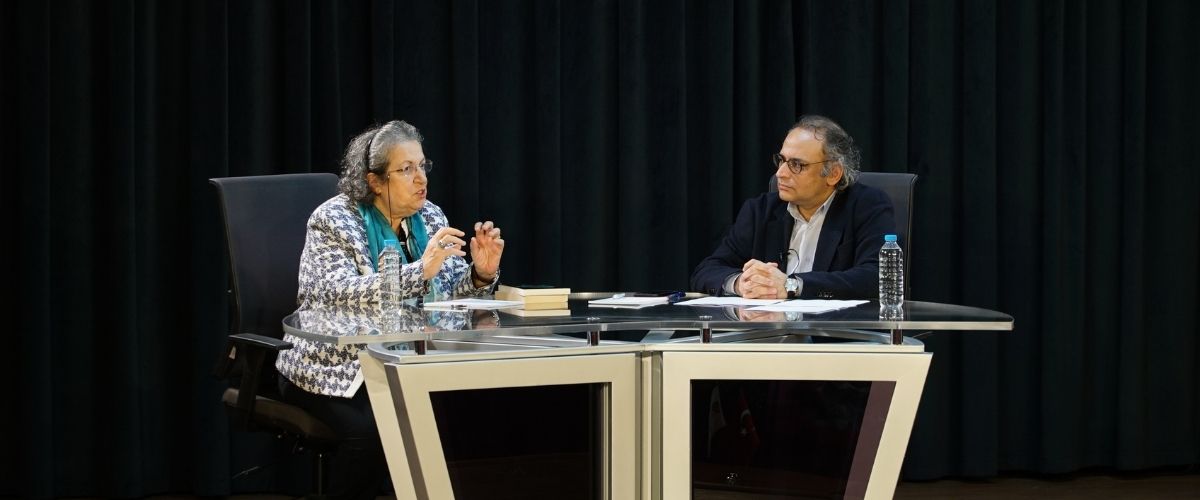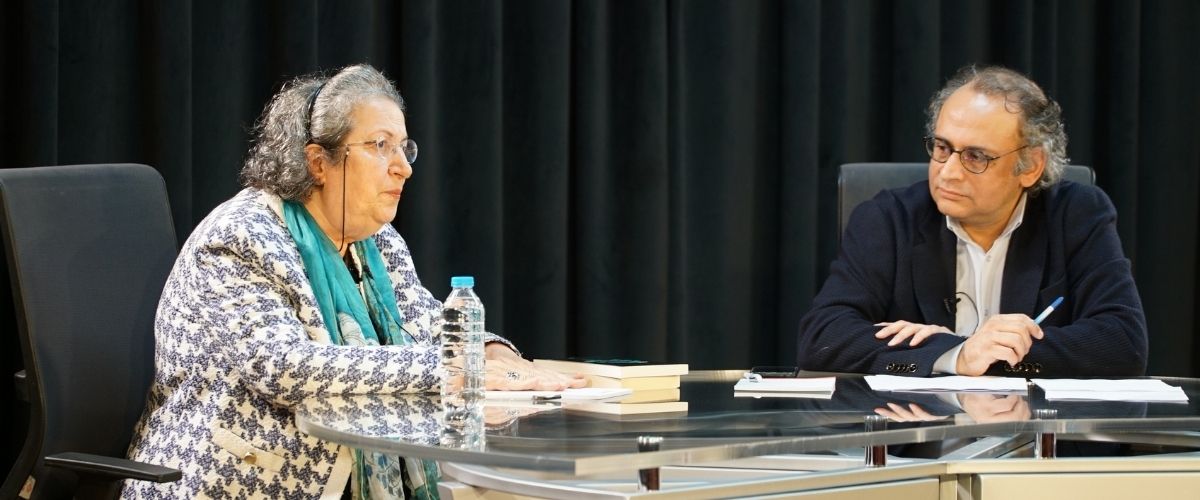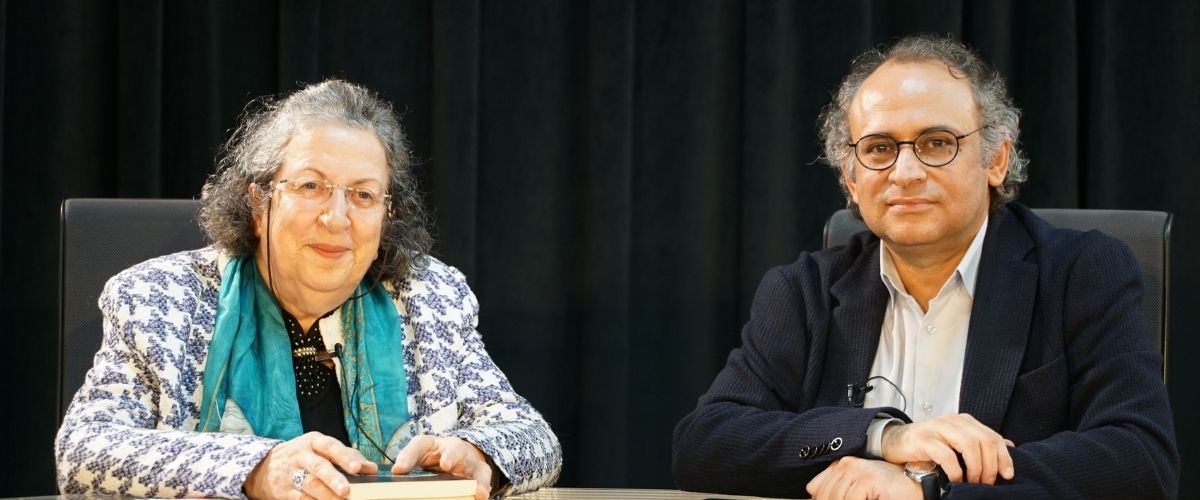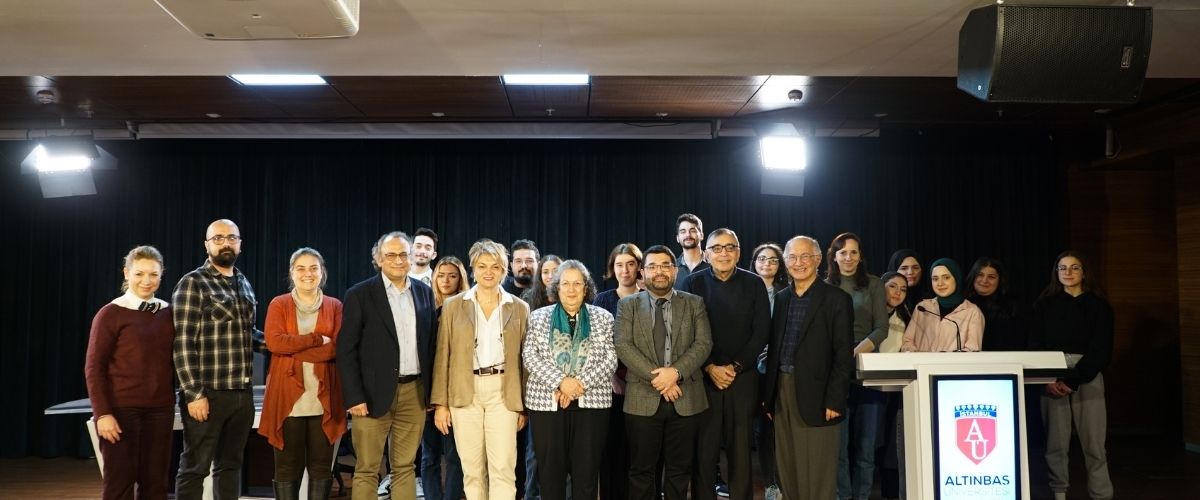The Greatest Need in the Age of Artificial Intelligence is Philosophy
In the 2500-year history of philosophy, it is predicted that perhaps the era that will require philosophers the most will be the age of artificial intelligence and robotics. The most crucial question awaiting an answer...
In a seminar titled "The Echo of Philosophy in Our Lives" held at Altınbaş University, the relationship between artificial intelligence and philosophy took center stage. Dr. M. Kaan Özkan, Deputy Dean of the Faculty of Economics, Administrative, and Social Sciences, moderated the event, featuring esteemed academician Prof. Dr. Betül Çotuksöken as the guest speaker.
Çotuksöken stated, "Contrary to what is believed, the work of philosophers will increase in the coming period. Engineers will collaborate with philosophers. The entire world is data. The evaluation, recording, and storage of existing data will reach its peak. The most challenging issue is who will use this data and for what purposes. How will we know where to draw the line? The most significant subject for philosophy will be this."
Explaining that philosophy attempts to unravel the relationships between thinking, the external world, and language, Çotuksöken remarked, "Philosophy creates a reference point by naming the problem. To solve problems, an external perspective is necessary. The only being capable of doing this is humans. The solution lies in the higher dimension of ethics and human rights."
Stating that cultural norms, being a suppressive structure, do not get along well with philosophy, Çotuksöken emphasized that individuals influenced by philosophical culture tend to perform their tasks better, using language effectively. Stressing the importance of business ethics, Çotuksöken noted that a company that does not act ethically in the long run cannot survive.
According to Çotuksöken, we live in a world of conflicts, but efforts should be made to meet with human values. Pointing out the current state of the world, she said, "Think of countries that lack human values, treat their people as objects, do not value them, and do not protect the education rights of their citizens. In such countries, migrations begin, and they even lose their independence."
Discussing the philosophical approach's impact on intergenerational relationships or children's education, Çotuksöken said, "Let's look at the philosophical foundations of parental behavior. Although not always with a typical philosopher's attitude in daily life, individuals with philosophical backgrounds give an account of what and why they do things to their children at certain points. A parent or teacher with awareness explains the reasons, enlightens the other party, shows value, and initiates a dialogue."
Çotuksöken highlighted the significance of philosophy education in schools, expressing disappointment that it is not given enough importance. She reminded that they worked on making the "Philosophy for Children" course mandatory in schools in 2004 with the Board of Education and Discipline, and although the Ministry decided on an elective course called "Thinking Education" for 1 hour, it did not achieve the desired impact.
According to Çotuksöken, this approach is problematic. People with only 8-10 hours of training are attempting to teach the course. She said, "The qualifications of philosophy teachers are crucial. A philosophy teacher needs to understand what it means, how to address the child, what to do. How will a philosophy teacher establish the connection between everyday life and philosophical knowledge, and convey these through philosophical thinking and expression?"
Addressing families, Çotuksöken recommended that parents who want to provide philosophical education to their children seek support from true experts. She mentioned that some universities, the Turkish Philosophy Association, or some non-governmental organizations organize such activities, saying, "The best of these can be followed."
Adding that there should be more emphasis on the relationship between literature and philosophy, Çotuksöken concluded, "There are well-written children's books prepared according to age groups, creating a connection between literature and philosophy. These enrich the child's imagination. If a child enjoys reading, this love can be taken to more advanced levels. Also, let's not forget that today children have very different and diverse learning sources. Everything is digital, in a way, at their fingertips. Outside of school, there are many learning resources. Our job is challenging in that regard."





